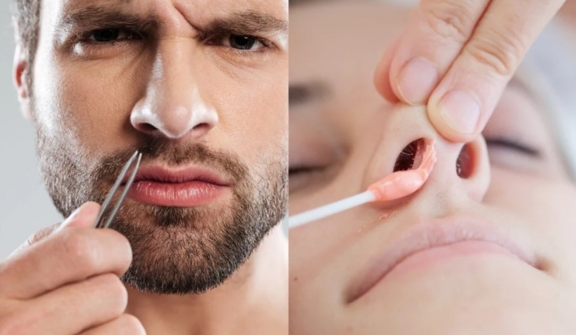
Despite the desire for smooth skin, many individuals lack knowledge about the potential health risks associated with this habit. Numerous experts are now sounding a warning.
But don't worry, medical professionals are here to explain the reasons why waxing or tweezing nose hair can be harmful and to explore the potential risks associated with these practices.
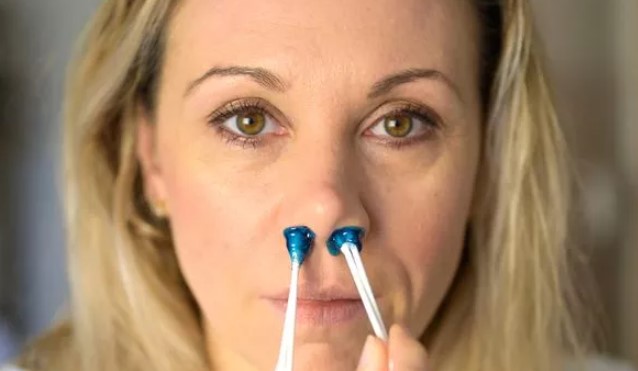
In an interview with HuffPost, Dr. Don J. Beasley, an ear, nose, and throat specialist, explained why waxing or tweezing can leave your nose at risk of danger.
Nose hair plays an important role in our respiratory health.
According to ear, nose, and throat specialists, nose hair serves as a vital filter, trapping airborne particles like dust and pollen, thus protecting our airways from potential irritants.
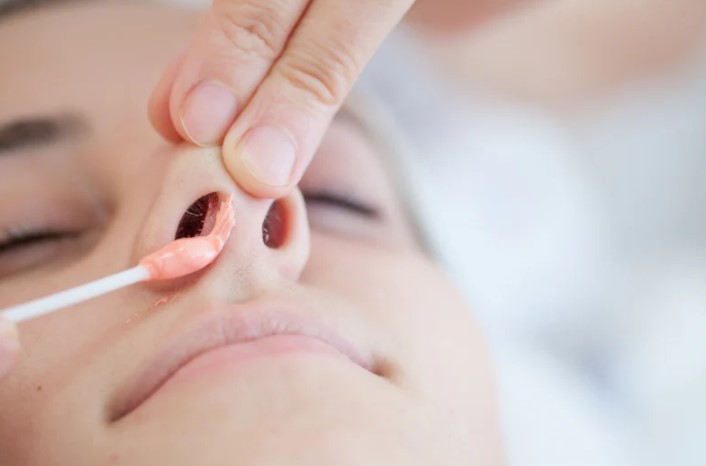
However, on social media, the trend of dermaplaning, or full-face shaving, boomed in popularity on TikTok, gained attention among viewers.
On social media, the trend called dermaplaning gained many.
Dermaplaning, or full-face shaving, has seen a surge in popularity on social platforms. However, Dr. Ross Perry of Cosmedics warned that these videos “give the illusion of perfection without the downsides.”
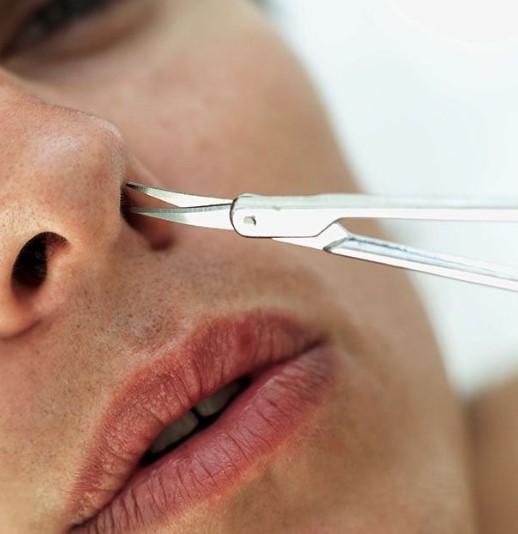
Speaking to HuffPost, experts like Dr. Don J. Beasley emphasize the delicate nature of the nasal passages.
Stripping these passages of hair through waxing or tweezing can lead to discomfort, temporary pain, and even irritation.
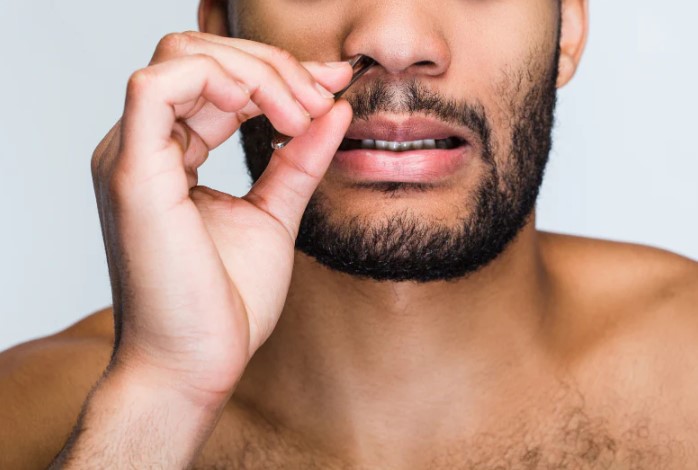
Moreover, the removal of nose hair, particularly if done unhygienically, poses risks of infections and complications such as folliculitis or nasal cellulitis.
He said: 'Nose waxing can be an uncomfortable experience, as the delicate nasal passages can be sensitive to the pulling sensation, potentially causing temporary pain, redness and irritation.'
Dr. Nicole Aaronson recounts instances where patients experienced ingrown hairs and even nasal abscesses due to improper removal methods. These complications underscore the importance of approaching nose hair removal with caution and proper hygiene.
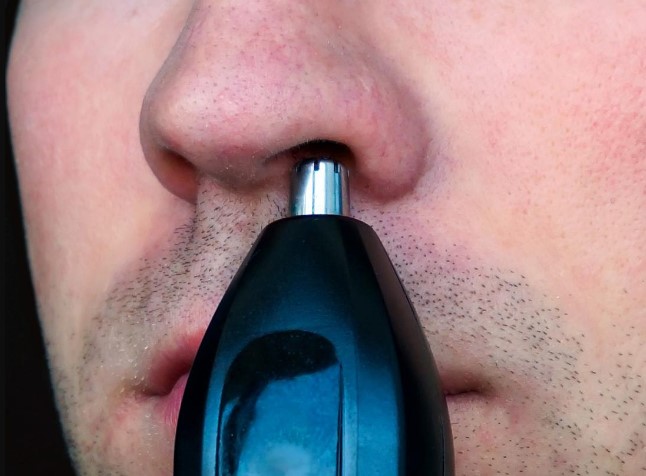
She explained: 'An ingrown hair occurs after a hair is removed when the new hair that regenerates from the follicle can't break through the skin.'
Dr. Ross Perry offers a warning to people who have a habit of using alternative hair removal methods like dermaplaning or facial shaving.
The expert explained that while dermalplaning, when performed by a professional, can yield desired results, attempting it at home poses risks of scarring, infections, and sensitivity.
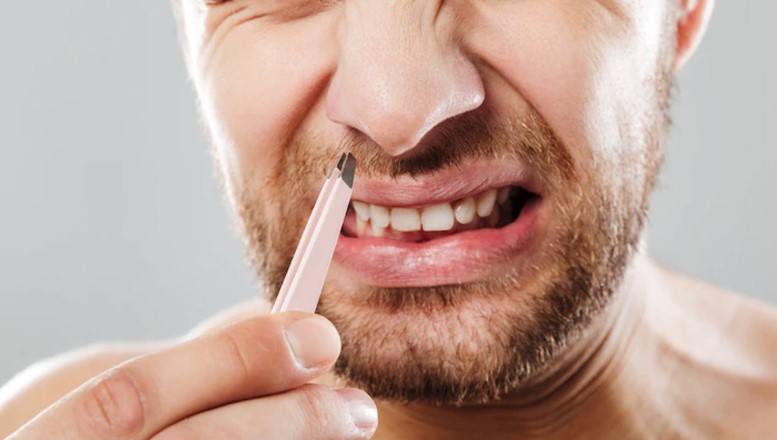
Dr. Perry also warns against the misconception that shaving facial hair will result in thicker regrowth, advising against DIY facial shaving due to potential skin damage and adverse reactions.
Dr. Ross explained: 'Professional dermaplaning uses a specific type of blade, using a razor or just a blade at home can cause scarring to the skin, infections, in growing hairs and sensitivity and is a procedure which one you start will need to be performed every few weeks.'
He clarified that cutting yourself with a razor can result in extremely sensitive skin cuts that may become infected and leave scars, causing loss of aesthetics
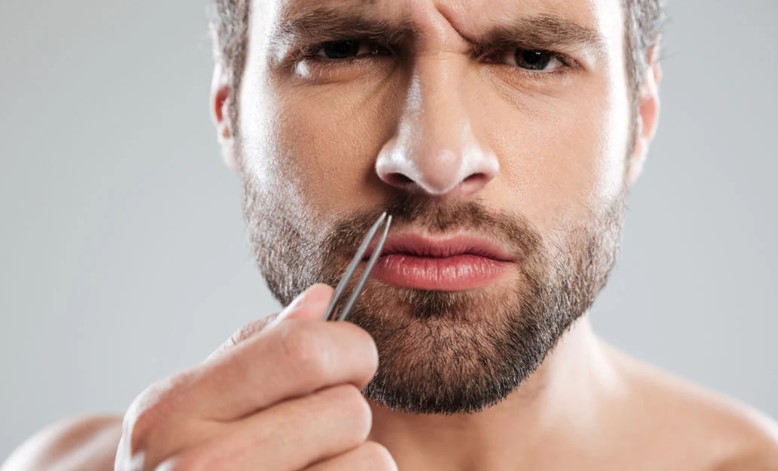
Although the choice to have body hair removed is a personal one, it is crucial to understand the possible dangers and complications. You should always put your health and safety first and seek professional advice before attempting any new hair removal techniques, especially in sensitive areas like the nose.




